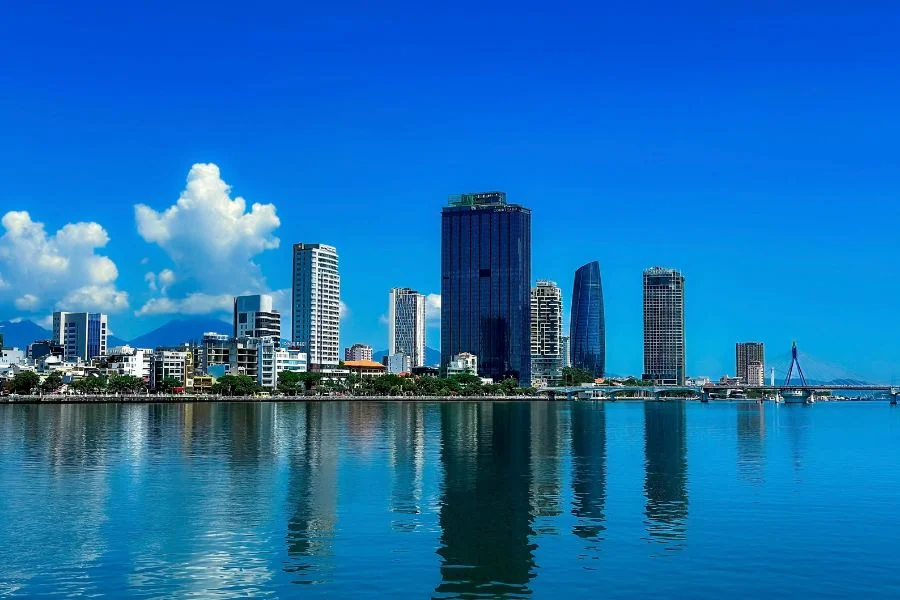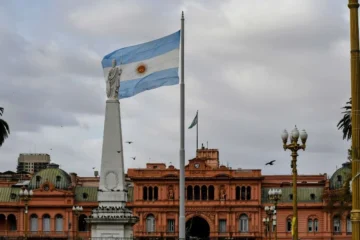Vietnam is shaking up its work permit system in 2025 with the introduction of Decree 219/2025, effective from August 7. The reforms overhaul long-standing requirements, making the process more straightforward in some ways—like scrapping the old 15-day mandatory job postings—while tightening eligibility standards for foreign professionals in others. For expats, businesses, and anyone considering a career in Vietnam, these changes represent both fresh opportunities and new hurdles. Here’s a breakdown of what’s happening, why it matters, and how to prepare.
Key Takeaways
Why Vietnam Is Changing Its Work Permit Rules in 2025
Every few years, Vietnam revisits its labor and immigration rules, and 2025 has turned out to be one of the most significant shake-ups since 2021. The core reason is straightforward: balance. Vietnam wants to remain attractive to foreign professionals, especially in high-demand sectors like technology, innovation, and finance, while also ensuring local workers aren’t sidelined.
Decree 219/2025 is the government’s attempt to streamline bureaucracy without compromising on oversight. By eliminating redundant procedures—like the old 15-day job advertisement requirement for all roles—and cutting the posting period down to just five business days for local hires, Vietnam is signaling efficiency. Yet, at the same time, the decree puts a sharper lens on the skills and qualifications of foreign workers, ensuring that only those who genuinely bring value to the Vietnamese economy are welcomed.
Also Read: Skilled Workers Wanted: How to Get PR Through West Kootenay RNIP
Another driver is international competitiveness. As neighboring countries like Thailand and Indonesia roll out more flexible work visa regimes, Vietnam doesn’t want to fall behind. But unlike some neighbors, Vietnam’s strategy is not just about attracting any foreign worker—it’s about targeting skilled professionals who can contribute to sectors marked as national priorities.
Who Will Be Affected by the New Requirements
While Vietnam has kept the doors open for foreign labor, not everyone will feel the effects of these changes equally. The main groups that should pay close attention are:
1. Skilled Professionals (Experts): These are individuals brought in for their advanced knowledge in a specific field. Under the new rules, experts now need a university degree plus two years of relevant experience, down from the previous five. For those in priority sectors such as finance and technology, the threshold is even lower—just one year of experience alongside a degree.
2. Managers and Executives: Leadership positions are still eligible for work permits, but employers may now face greater scrutiny in justifying why foreign nationals are needed in these roles, particularly when qualified Vietnamese candidates are available.
3. Technical Workers (Technicians): This group has historically faced stricter benchmarks, but the new decree relaxes the bar. Instead of three to five years of experience after training, technicians now only need two years. This adjustment broadens the pipeline for foreign technical workers.
On the flip side, Vietnam has clarified and expanded exemptions. Spouses of Vietnamese nationals no longer need separate exemption certificates. Short-term assignments are now defined as up to 90 days per year, regardless of trip numbers. And professionals working in certain priority industries may qualify for direct exemptions—provided they notify authorities.

So while some categories face more rigorous documentation checks, others will find it easier to enter and work legally in Vietnam.
Stricter Criteria for Skills and Experience
If there’s one clear theme in Decree 219/2025, it’s that Vietnam wants proof, not promises. Gone are the days when a loosely written reference letter and vague job description were enough to secure a permit.
Also Read: Vietnam Extends 45-Day Visa-Free Entry to 12 More European Countries
For experts, the bar is focused less on academic prestige and more on practical experience. Having a degree is essential, but applicants must also back it up with verified employment history, directly related to the role they’re being hired for in Vietnam. In priority sectors, the requirement has been trimmed down to encourage a rapid inflow of talent, but documentation remains non-negotiable.
Technicians will also need to provide clearer training records and employment certificates that demonstrate at least two years of experience post-training. This tightening ensures that Vietnam isn’t flooded with underqualified workers claiming technical expertise.
Managers and executives will be required to present contracts, organizational charts, or company records that prove their leadership status. Authorities want to see not just a title but evidence of genuine responsibility.
In short, the message is clear: Vietnam is not discouraging foreign workers, but it wants to ensure that those coming in genuinely add expertise and value that cannot be easily sourced locally.
Documentation and Approval Process Under the 2025 Rules
One of the most refreshing aspects of Decree 219/2025 is how it simplifies the application process. Previously, securing a work permit felt like a marathon of paperwork, often requiring multiple rounds of submissions across different departments. Now, several bottlenecks have been removed.
The most significant reform is that job position approval is now embedded within the work permit application itself. Employers no longer need to go through a separate, time-consuming approval stage. This reduces delays and cuts red tape considerably.
Similarly, the requirement to advertise job postings for 15 days before hiring a foreign worker has been scrapped, except in cases where the role is classified under local hire rules. Even then, the notice period is just five business days, and postings can be made directly on the company’s website.
Also Read: New Zealand Launches Two Seasonal Work Visas for 2025–26
Other changes include the ability to submit work permit and police clearance applications simultaneously, rather than sequentially. Labor contracts don’t need to be filed unless specifically requested, and the cumbersome semi-annual reporting obligation for employers has been removed altogether.
Processing is now more predictable, too. Employers must submit applications at least 10 business days before the foreign worker’s start date, and authorities are expected to process them within the same 10-day window. Additionally, regional People’s Committees, rather than central ministries, will now handle applications—bringing decision-making closer to where the businesses operate.
All of these points toward a system that is less bureaucratic but more stringent in assessing qualifications.
Challenges Foreign Workers Might Face
Despite the positive spin of simplification, foreigners planning to work in Vietnam in 2025 should brace themselves for some hurdles. First, while the application process is quicker on paper, stricter documentation checks may lengthen real-world processing times if applicants don’t prepare thoroughly. Missing or incomplete paperwork will no longer slide through unnoticed.
Second, industries that previously relied on less-qualified foreign labor—such as hospitality, English teaching, or general services—may feel the squeeze. With the bar raised for experience and qualifications, some expats may find themselves no longer eligible.

Third, the decentralization of applications to provincial authorities could be a double-edged sword. While it localizes decision-making, it may also result in inconsistent interpretations of the law from one province to another. Employers and workers should be ready for varying practices and standards across regions.
Lastly, while exemptions are broader, they still come with reporting requirements. Expats assuming that short-term or spousal status will automatically shield them from paperwork may find they still need to file notifications or obtain confirmations.
What Employers and Expats Should Do to Prepare
For employers, preparation is everything. Businesses should start by conducting an internal audit of their foreign workforce. Ensure that every worker’s qualifications and experience can be documented and verified. Any gaps in paperwork—such as incomplete reference letters or unverified certificates—should be addressed well before applications are filed.
Also Read:
Employers should also get familiar with the new provincial-level processes. Building good relationships with local People’s Committees will be invaluable, as interpretations of the decree may differ regionally. Having a local HR or legal partner to manage filings can save time and frustration.
For expats, the key is early planning. Don’t assume the old standards apply. If you’re targeting Vietnam as your next career move, check that your degree and work experience align with the new requirements, and make sure you have all the necessary documentation ready. If you’re married to a Vietnamese national, take note of the simplified exemption process, but also confirm the notification obligations.
Above all, both employers and workers should adjust their timelines. While the official turnaround is 10 business days, delays are inevitable if supporting documents are incomplete. Building in extra lead time will prevent last-minute scrambles.
Final Thoughts
Vietnam’s new work permit rules under Decree 219/2025 mark a turning point in how the country manages foreign labor. By cutting unnecessary red tape while tightening skill and experience checks, the government is sending a clear message: foreign talent is welcome, but only if it truly benefits the economy.
For skilled professionals, particularly in technology, finance, and innovation, the changes make Vietnam more accessible. For others, especially in sectors that don’t require advanced qualifications, the path may be tougher. Either way, preparation is now more crucial than ever.
As Vietnam’s economy grows and integrates more deeply with global markets, these rules are designed to strike a balance between opportunity for foreigners and protection for locals. The smart move for anyone eyeing Vietnam in 2025 is to stay informed, stay prepared, and work closely with employers to ensure every requirement is met.





